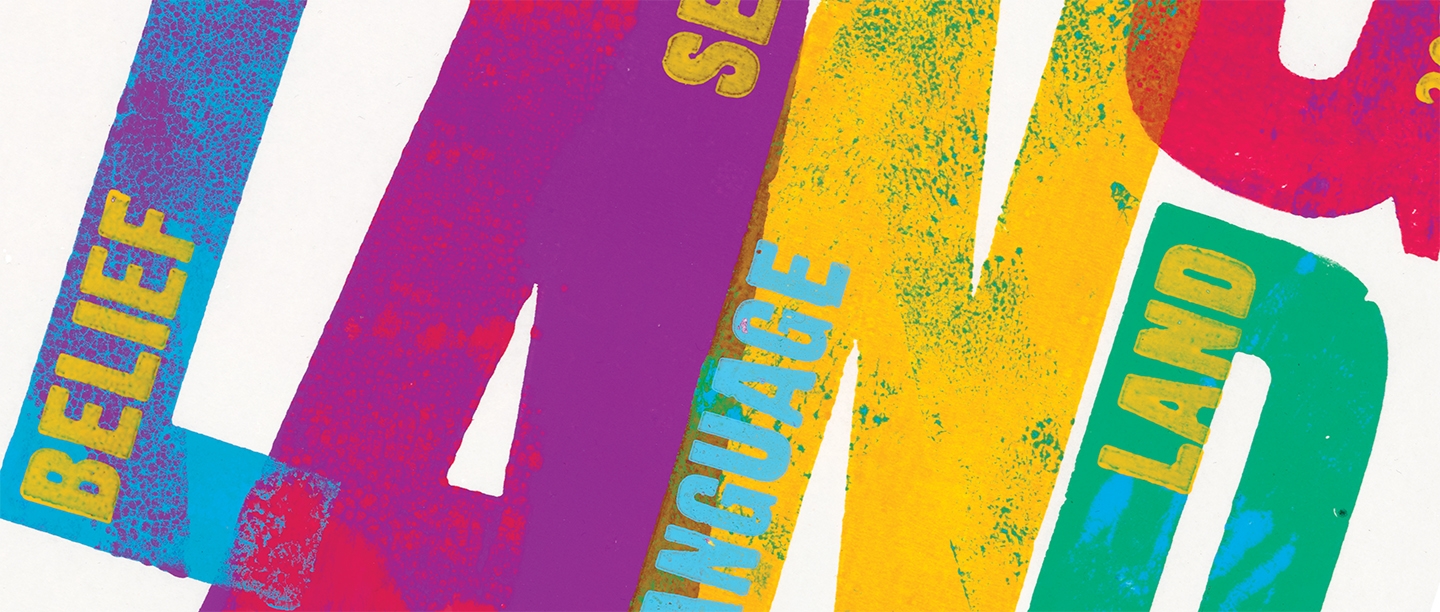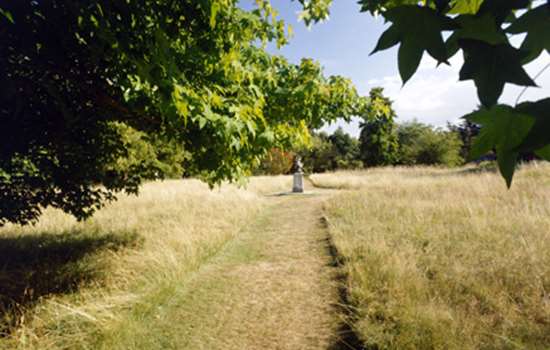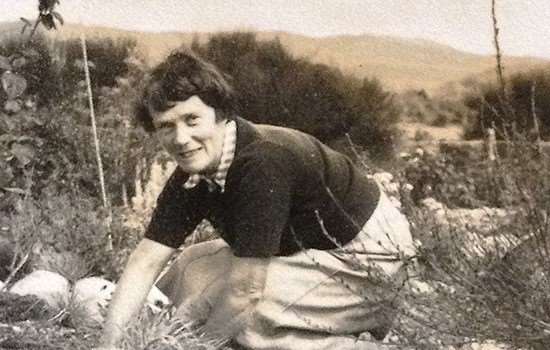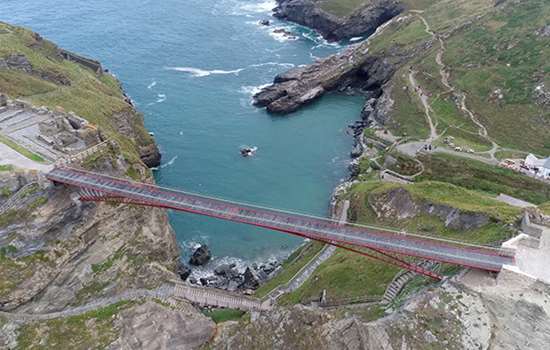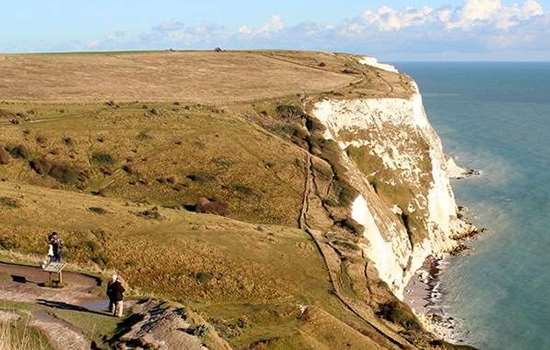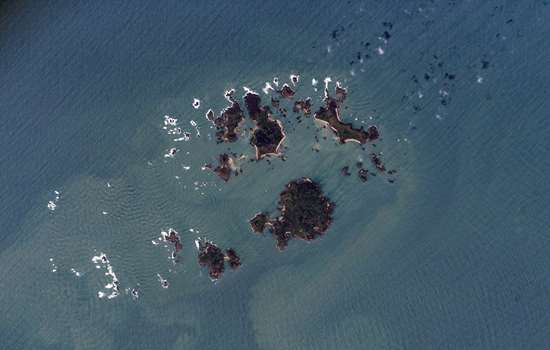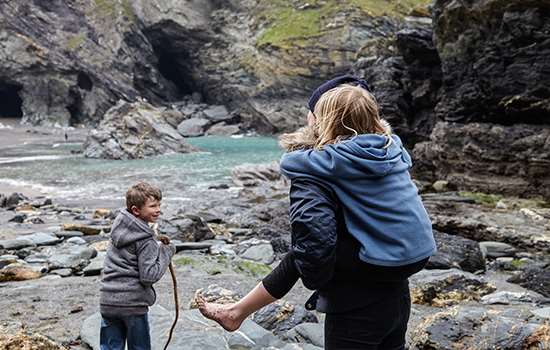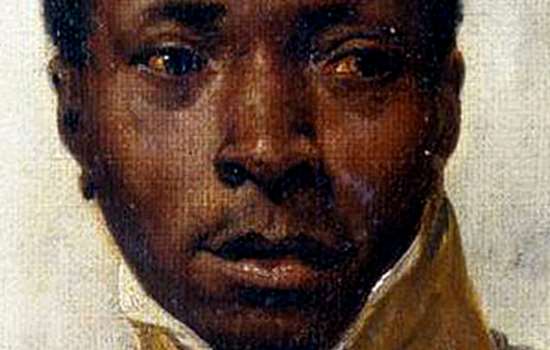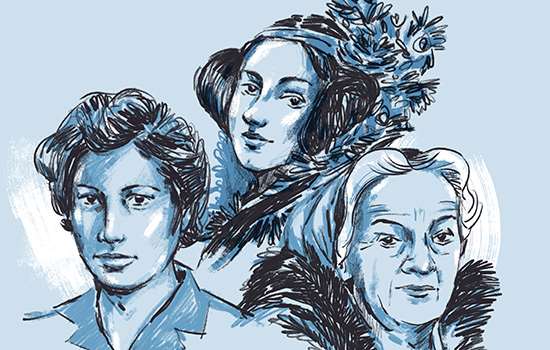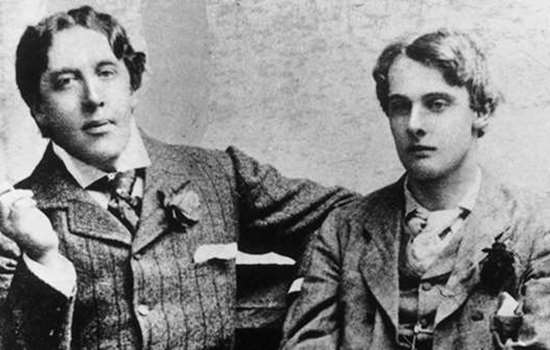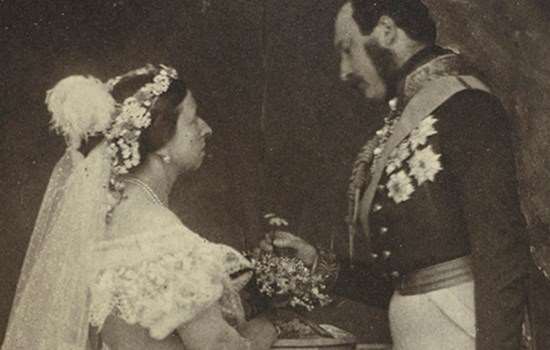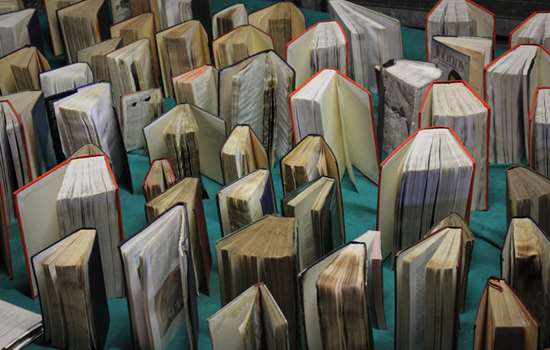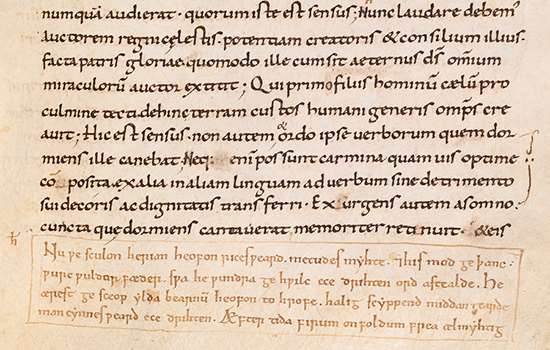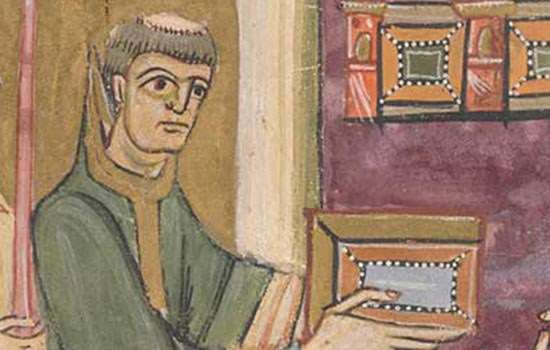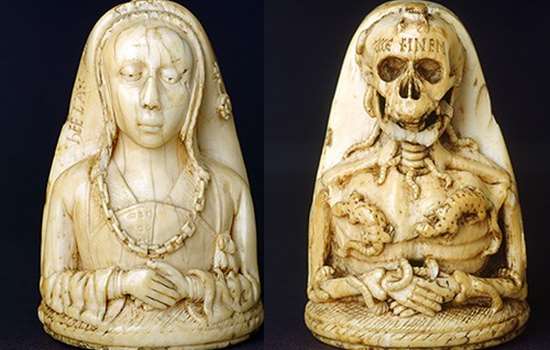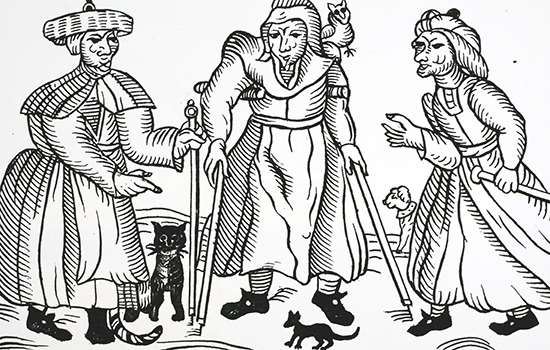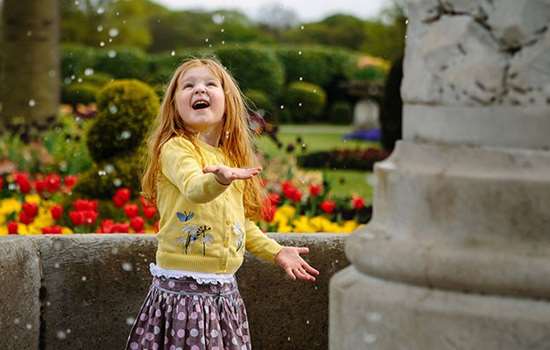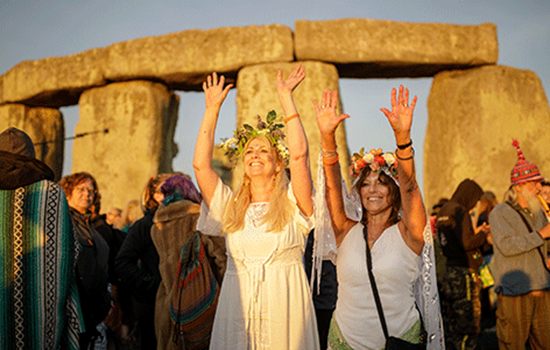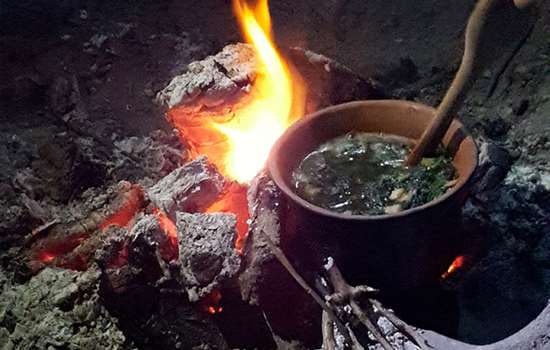As the stewards of England’s history, we tell the story of England through the hundreds of places and many thousands of objects in our care.
But what actually makes a nation?
Is it the stories that we tell about ourselves, the landscape, the weather? Or is it something more personal, something that is felt; a sense of belonging that is hard to put into words?
Explore with us how England has been shaped over time by its geography, climate and the coming together of different peoples and cultures.
Land
Walmer Castle: From Plot to Plate
For thousands of years, England's land has been essential to human life, providing crops that feed and nourish.
Today, many of our castles and country houses continue to grow food in historic kitchen gardens recreated based on records and research.
Go behind-the-scenes at Walmer Castle’s kitchen garden and discover how an expert team of gardeners, volunteers and kitchen staff grow and prepare delicious seasonal produce all year round for visitors to enjoy.
Explore our Historic GardensSea
Capturing the Spirit of Tintagel Castle with Artist David Mankin
David Mankin is an abstract landscape artist based in Perranuthnoe, who takes inspiration from the sensory experience of the rugged Cornish coast.
We invited David to produce his response to one of Cornwall's best-known landmarks, Tintagel Castle, where the land dramatically meets the sea.
This short film examines David's unique approach, his influences, and follows the painting's journey as it develops.
Historic Places by the SeaPeople
1066 and The Norman Conquest
1066 was a momentous year for England. The death of the elderly English king, Edward the Confessor, on 5 January set off a chain of events that would lead, on 14 October, to the Battle of Hastings. In the years that followed, the Normans had a profound impact on the country they had conquered.
Discover more here about the Battle of Hastings itself, the key players, and find out where you can see some of the spectacular castles and great abbeys that are a lasting legacy of this pivotal time.
The year that changed EnglandLanguage
What Did the Romans Do For Us?
Under Roman rule, Latin became the language of British religion, law and administration, and a great many modern words still derive from this language. For example, did you know that plumbing is called this because the Romans made their pipes out of lead (plumbum)?
But language isn't the Romans' only contribution to English and British culture today. Far from it...
10 things the Romans did for usBelief
The Cult of Mithras
On Hadrian's Wall lies the ruin of a subterranean temple to a little-known god, at the centre of a secretive Roman cult. New members were initiated in a mysterious ceremony of which we know very little.
This short film imagines what may have taken place.
Discover more of our Tales from English Folklore on YouTube
Climate
How Did Romans Cope with Snow?
Housesteads Roman Fort, set high on a wild hilltop in Northumberland, once played a key role in defence along Hadrian’s Wall. It commands incredible views – but especially in the winter, that means it’s exposed to all the elements.
How did Roman people living on the Wall ensure that they kept warm throughout long winters of isolation?
Read moreMore to Explore
-
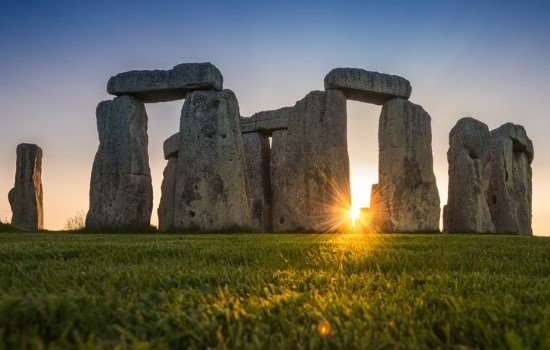
Top 8 Things To Do in England
From exploring the frontier of the Roman empire to seeing Stonehenge for yourself, here's our pick of the top 8 things to do in England.
-
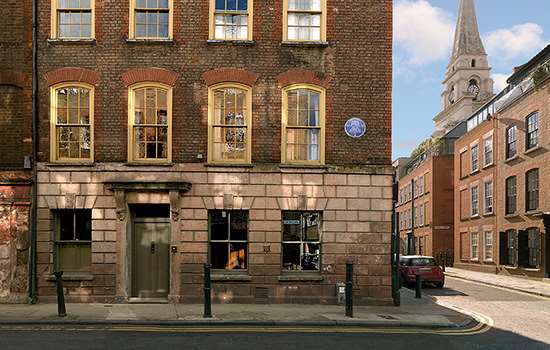
Explore Blue Plaques
The London Blue Plaques scheme commemorates famous Londoners and the buildings where they lived and worked.
-

England's Histories
Discover the fascinating stories of the places cared for by English Heritage, from prehistory to the Cold War.
